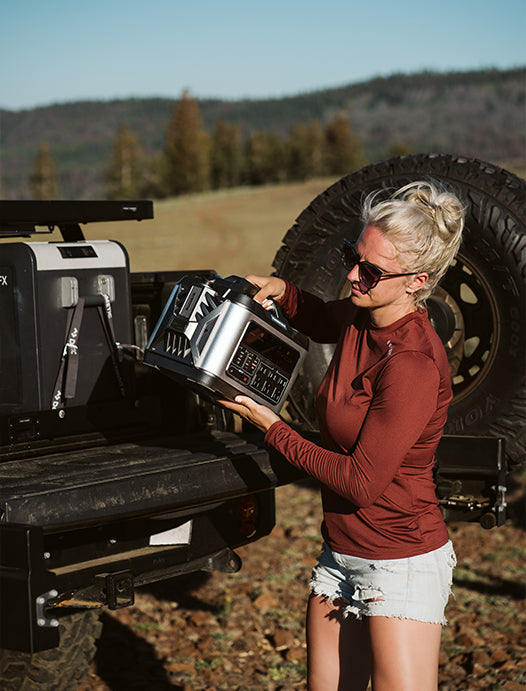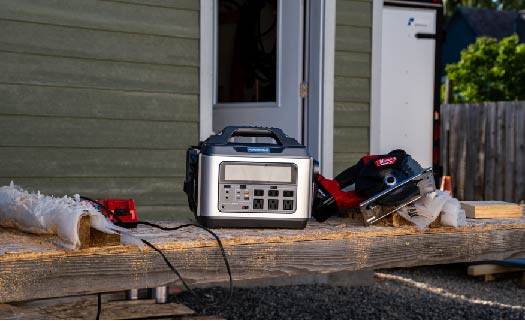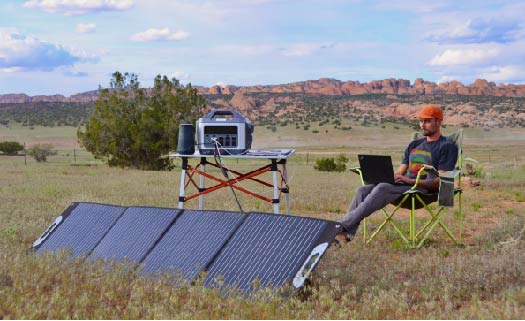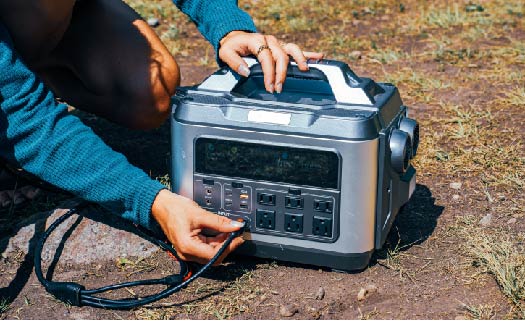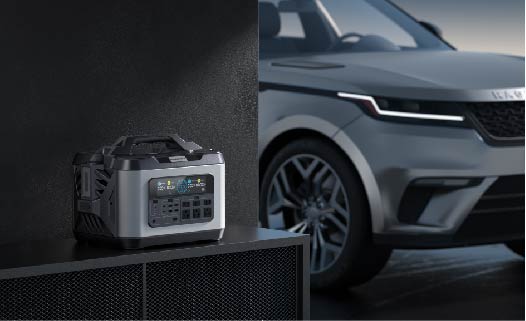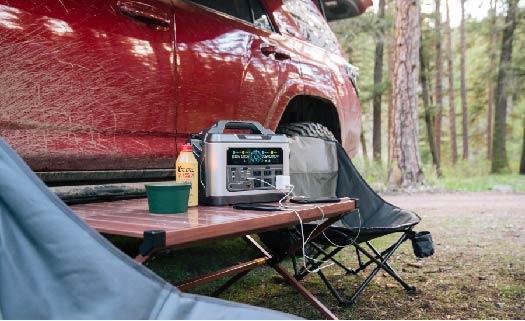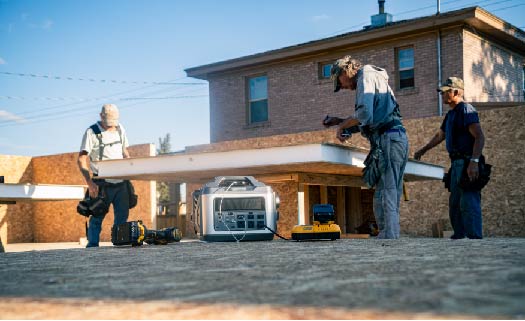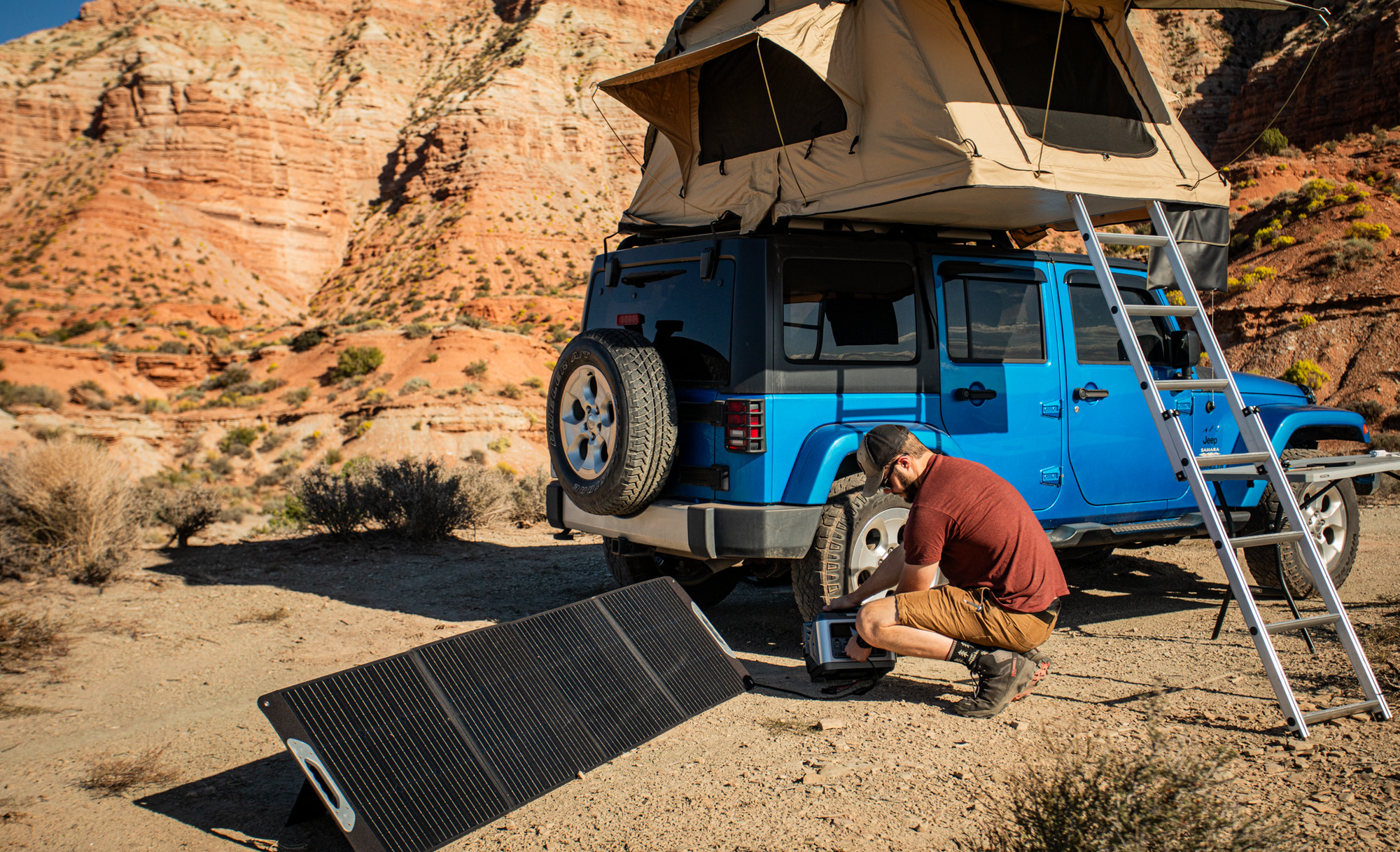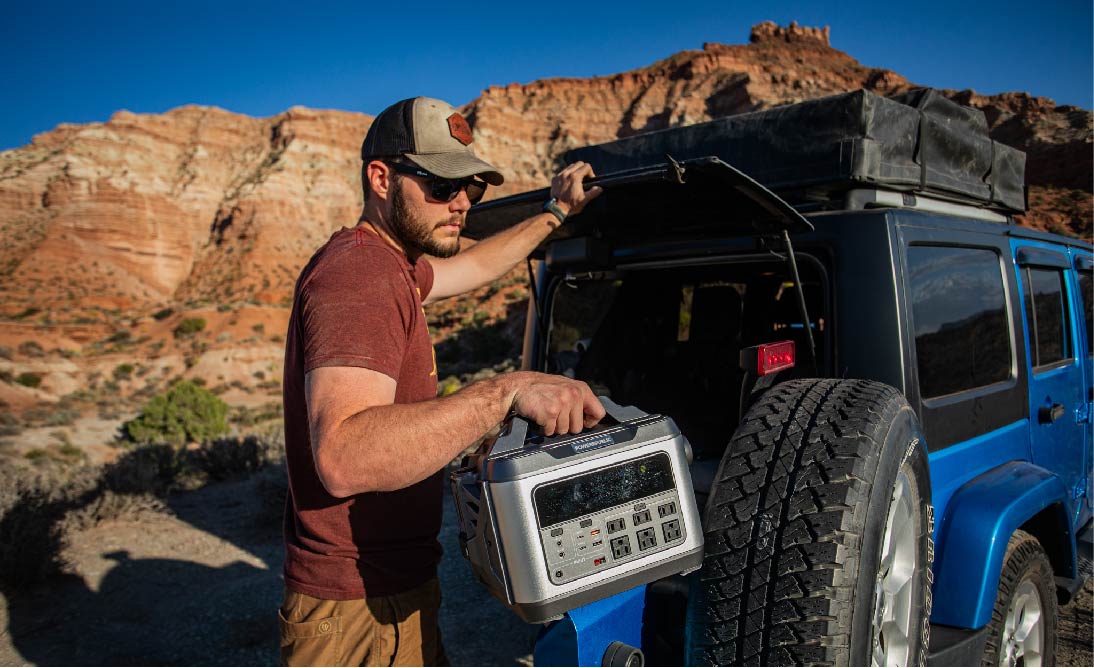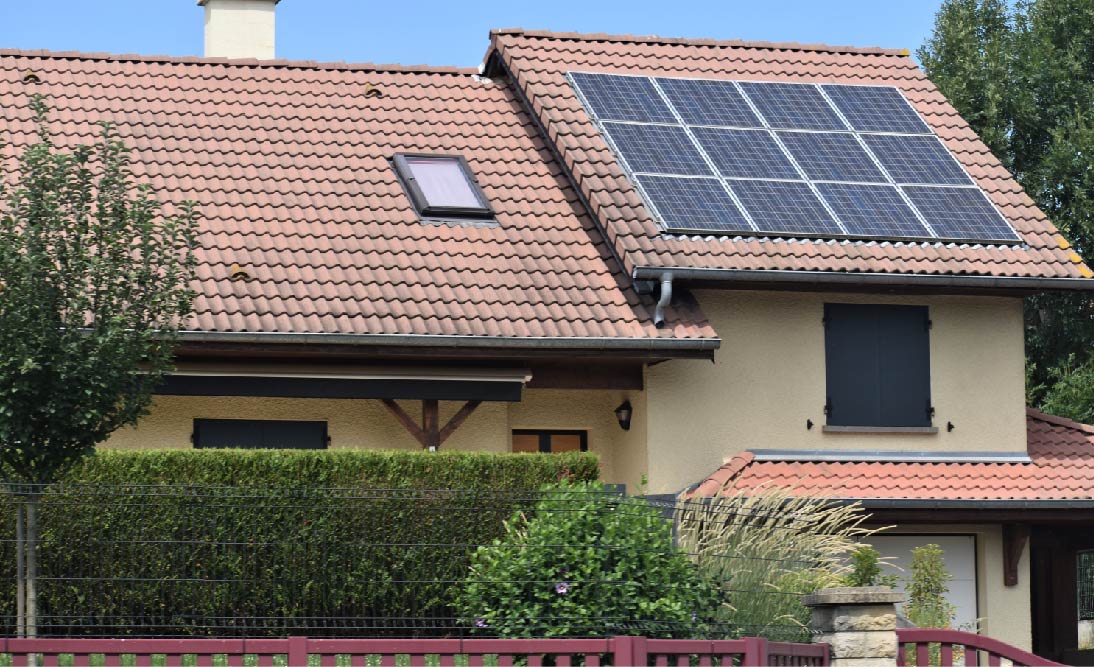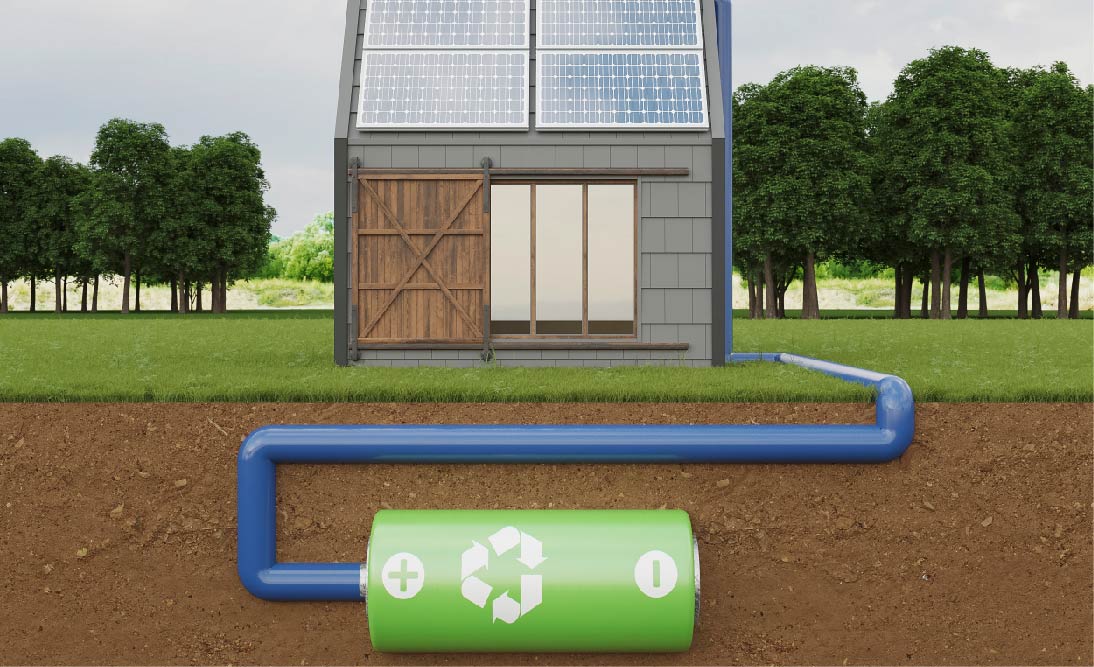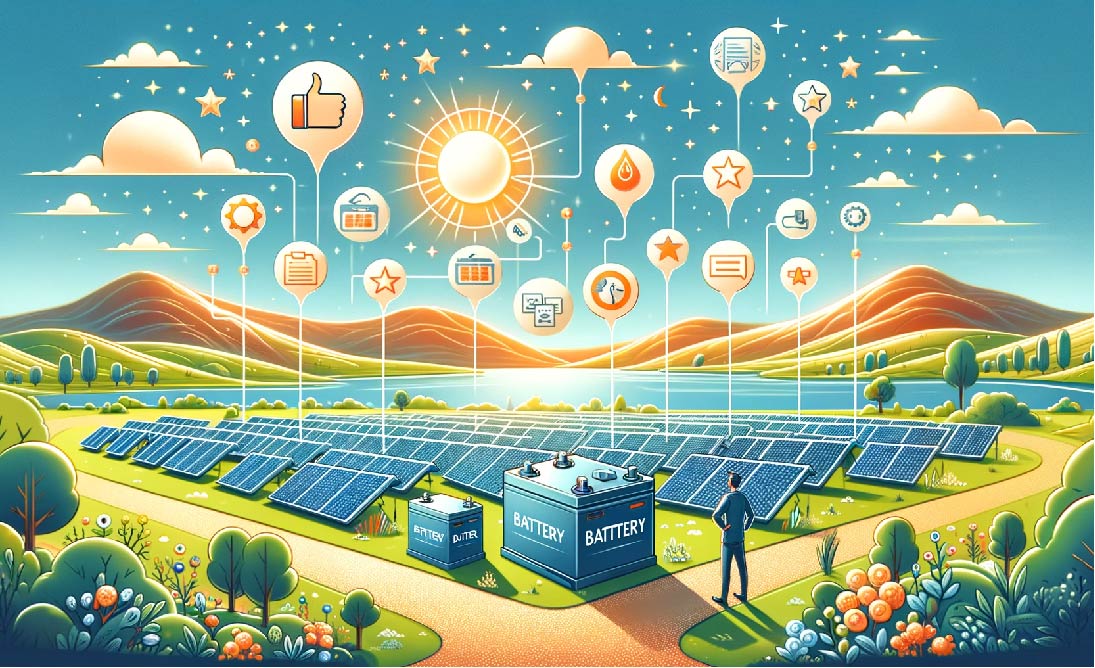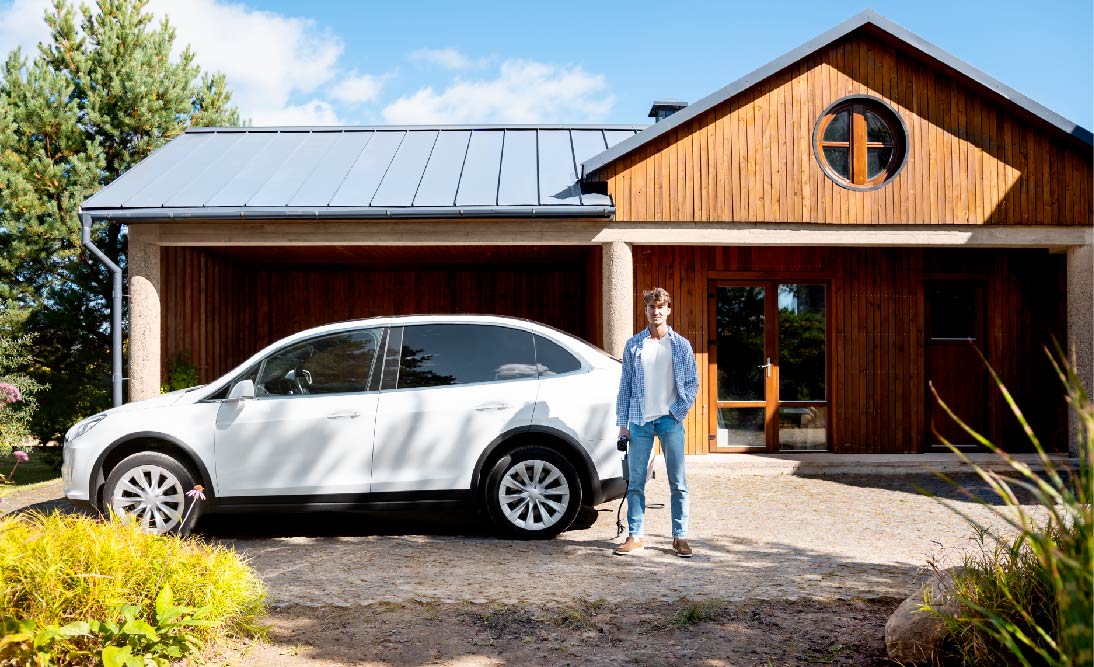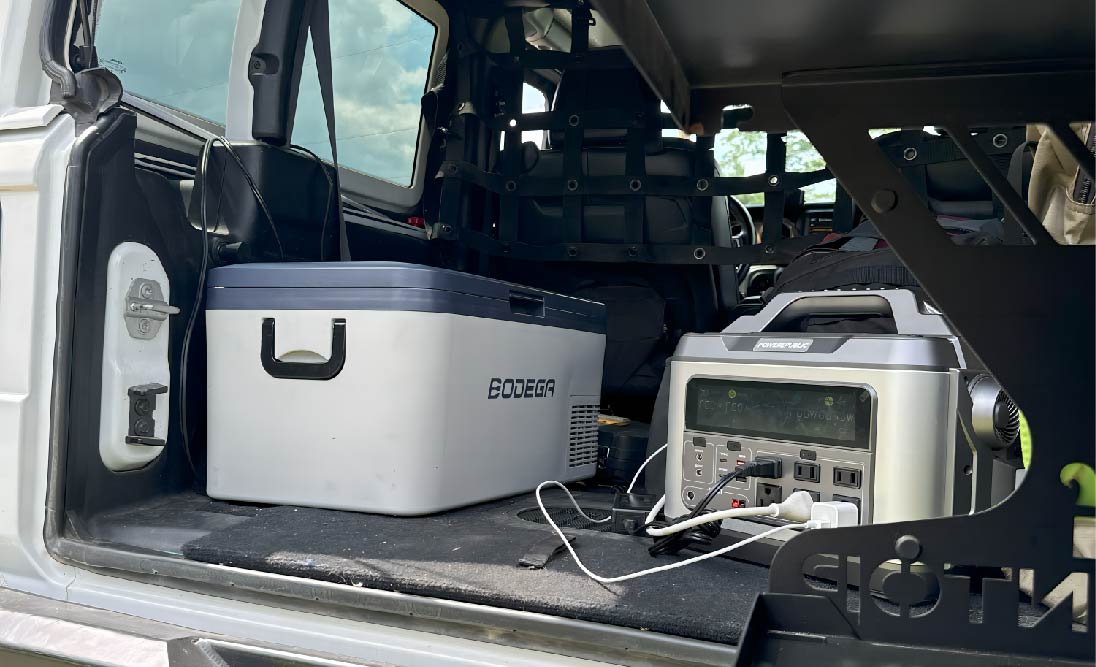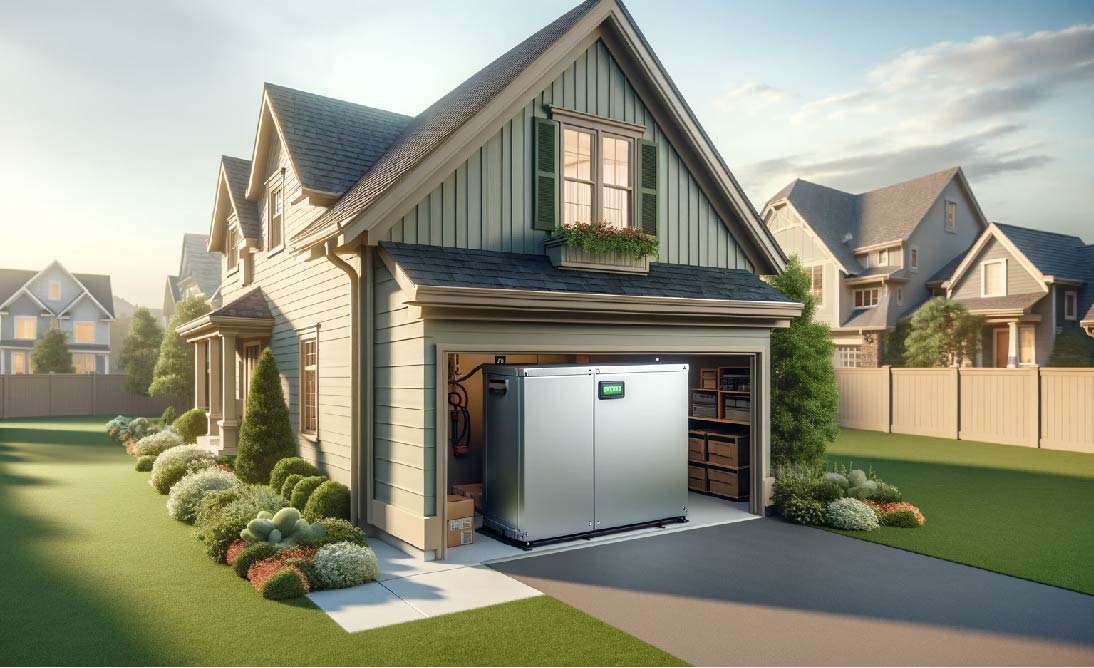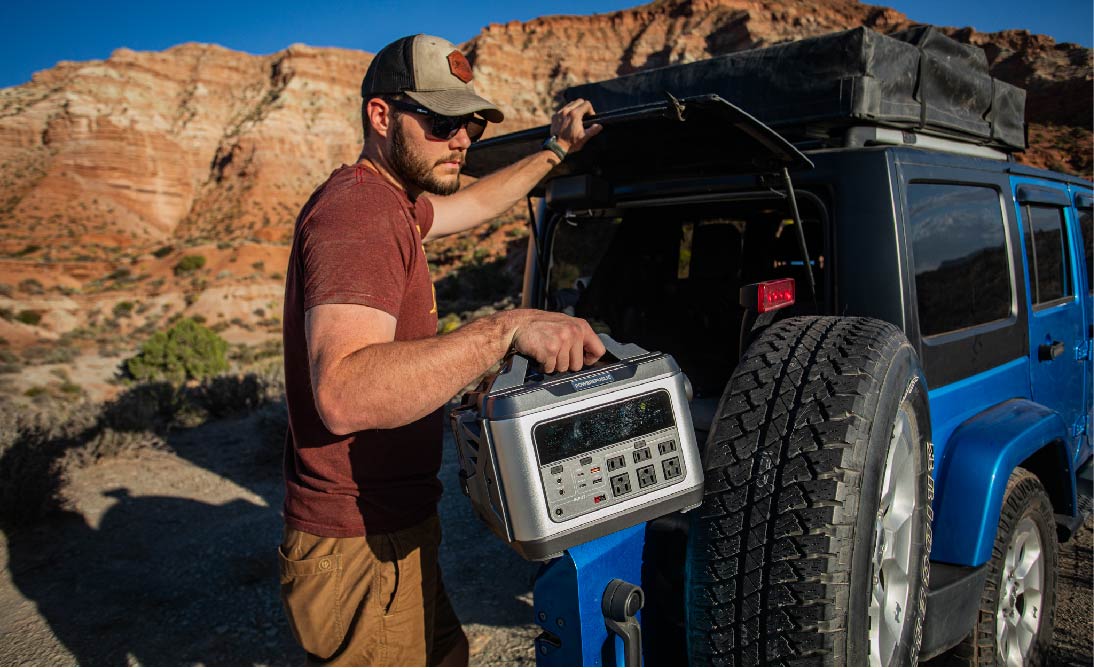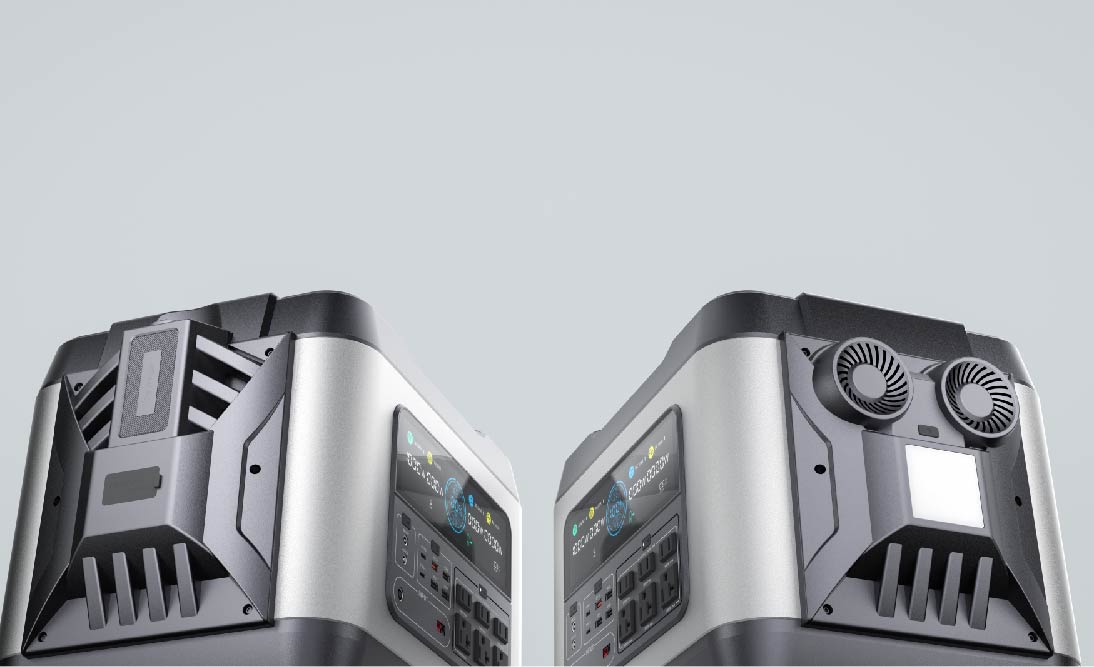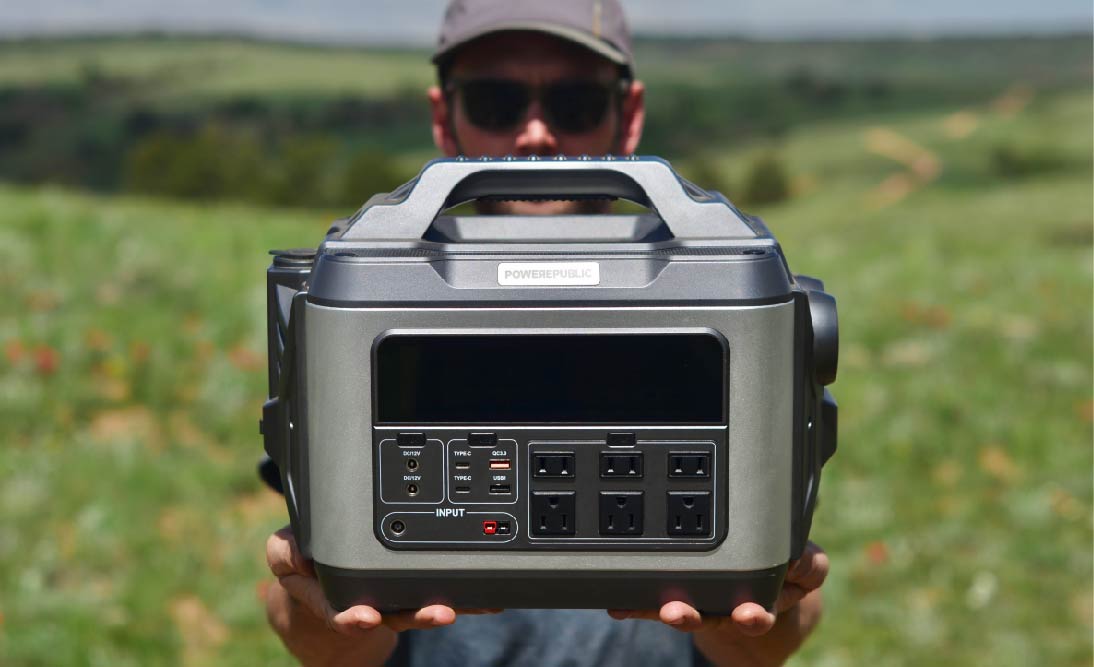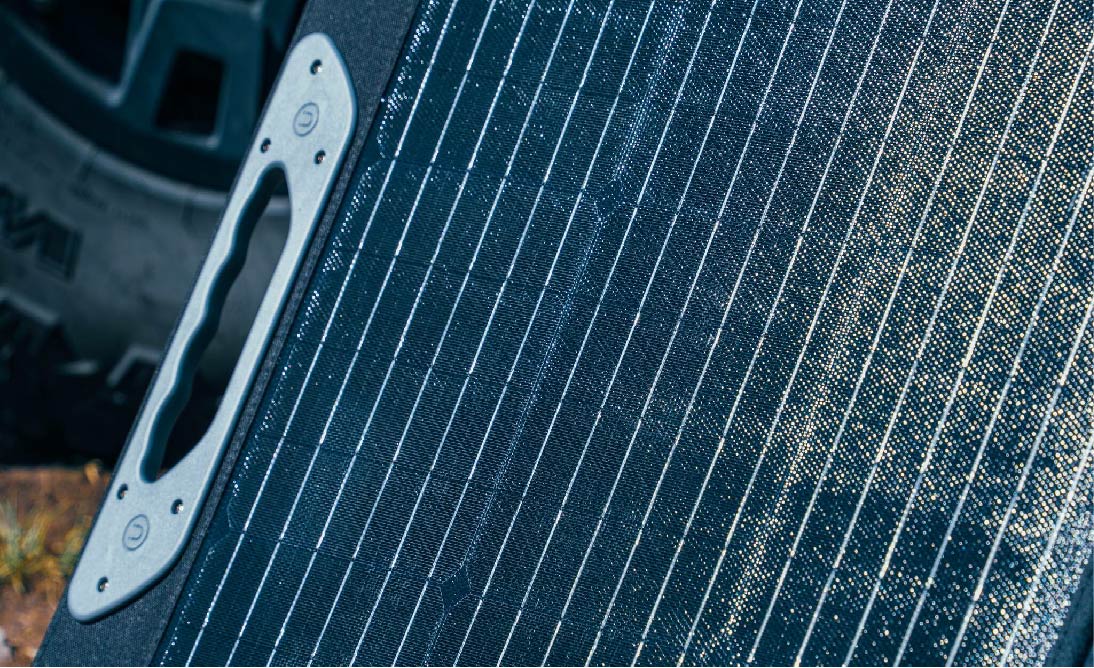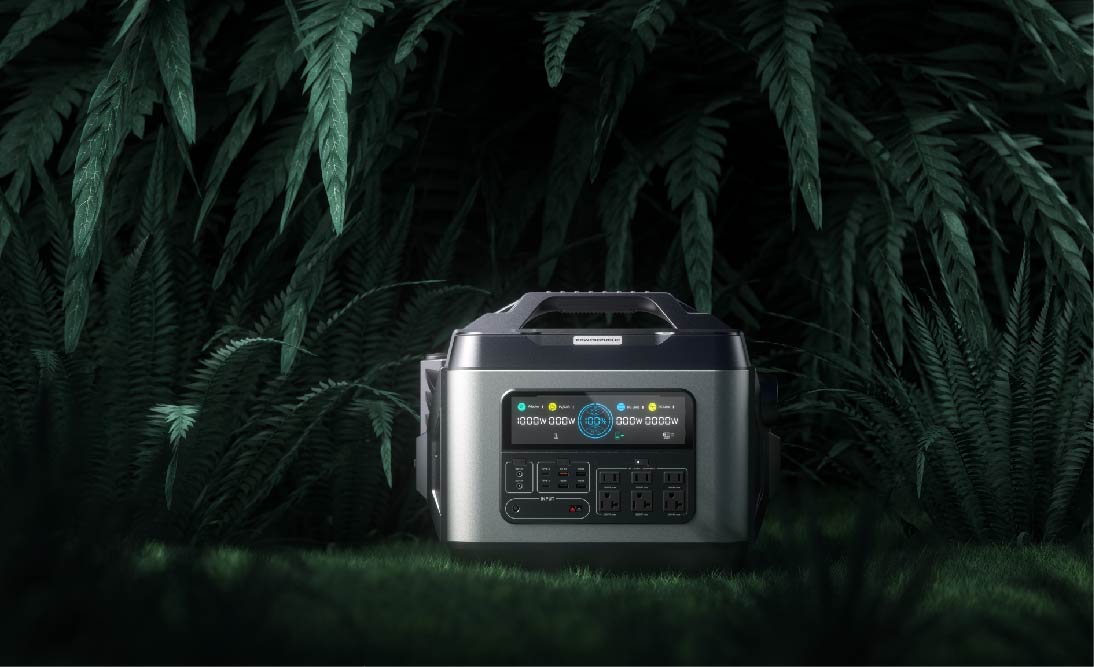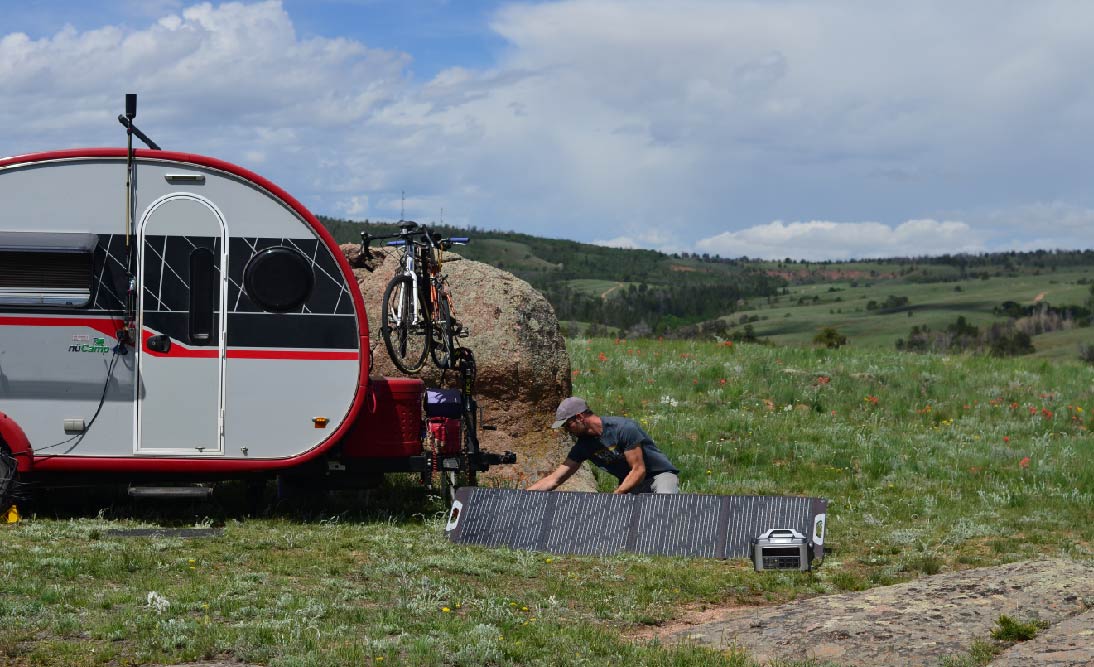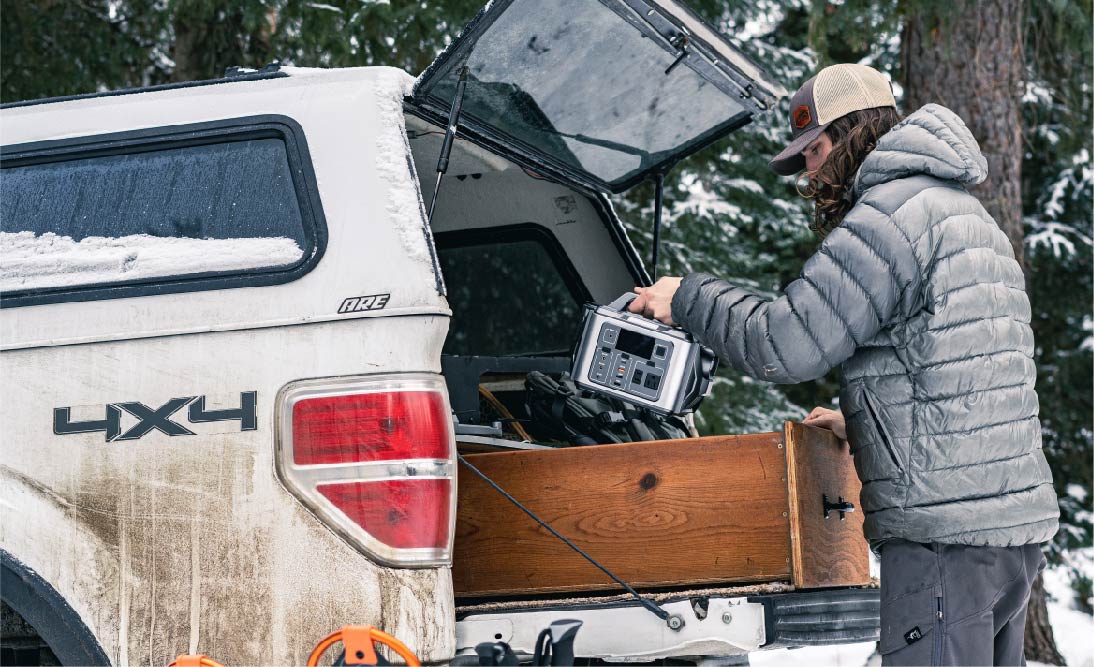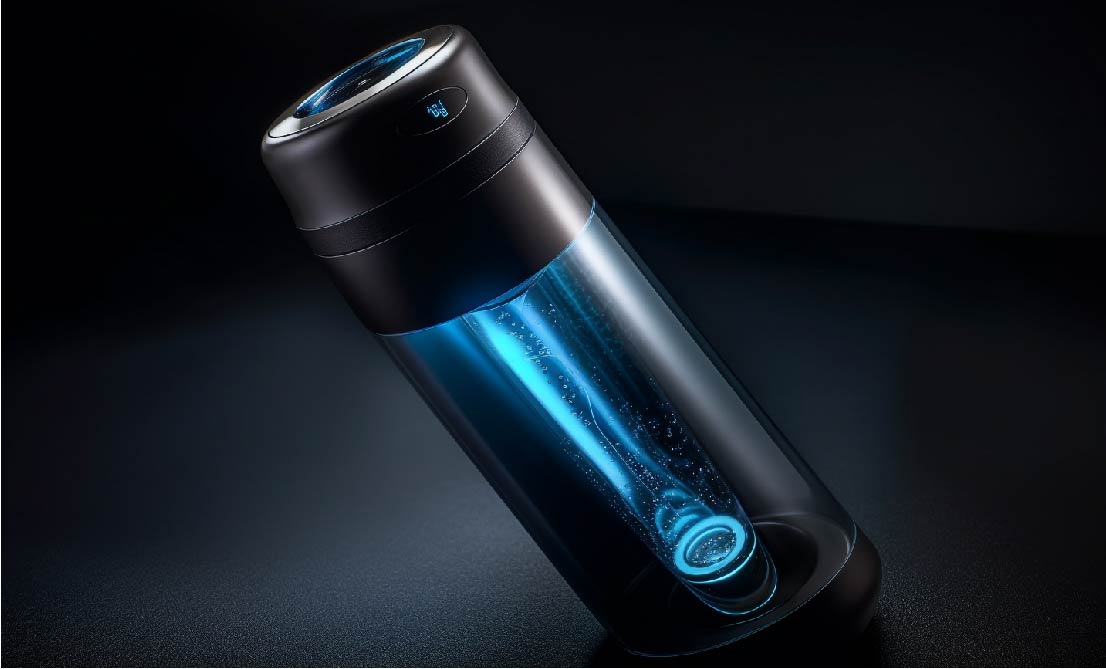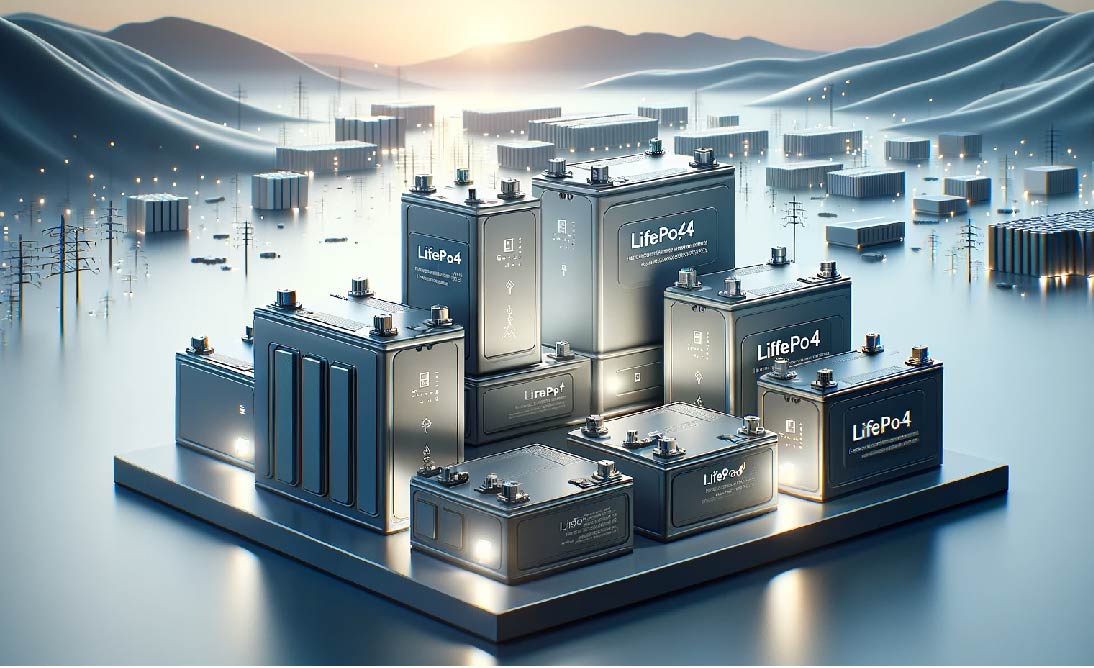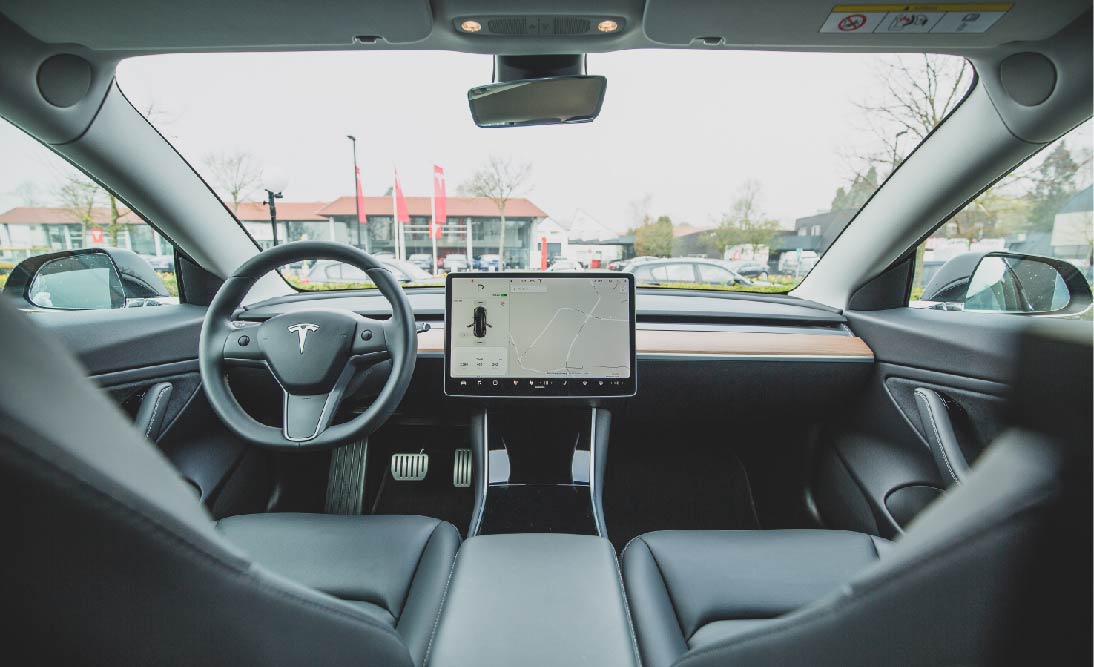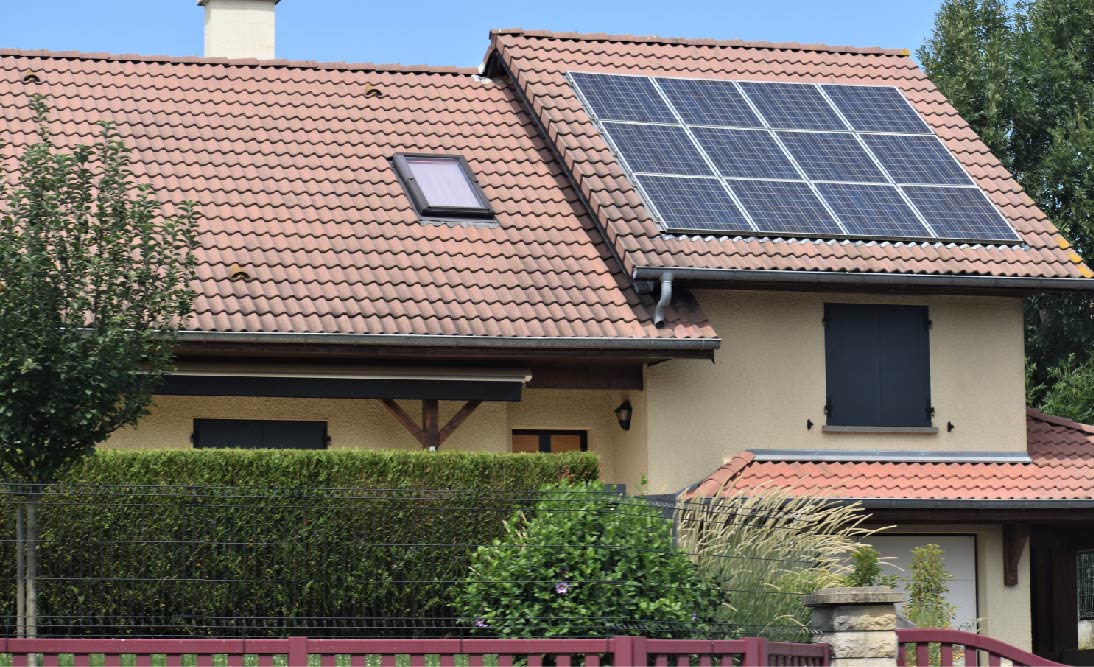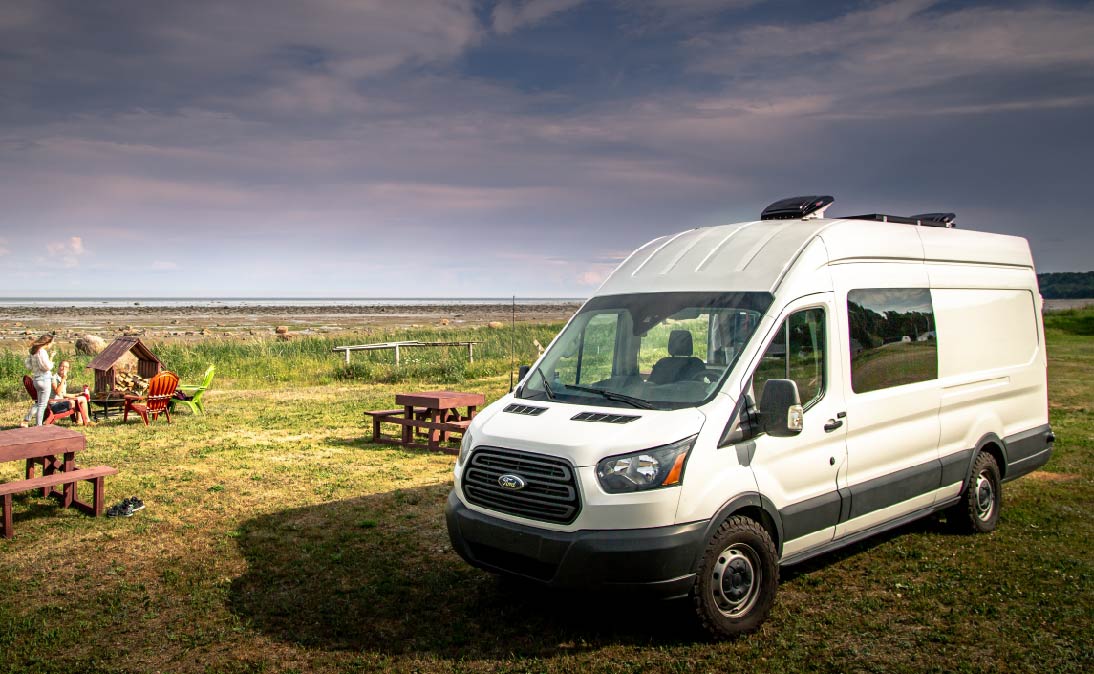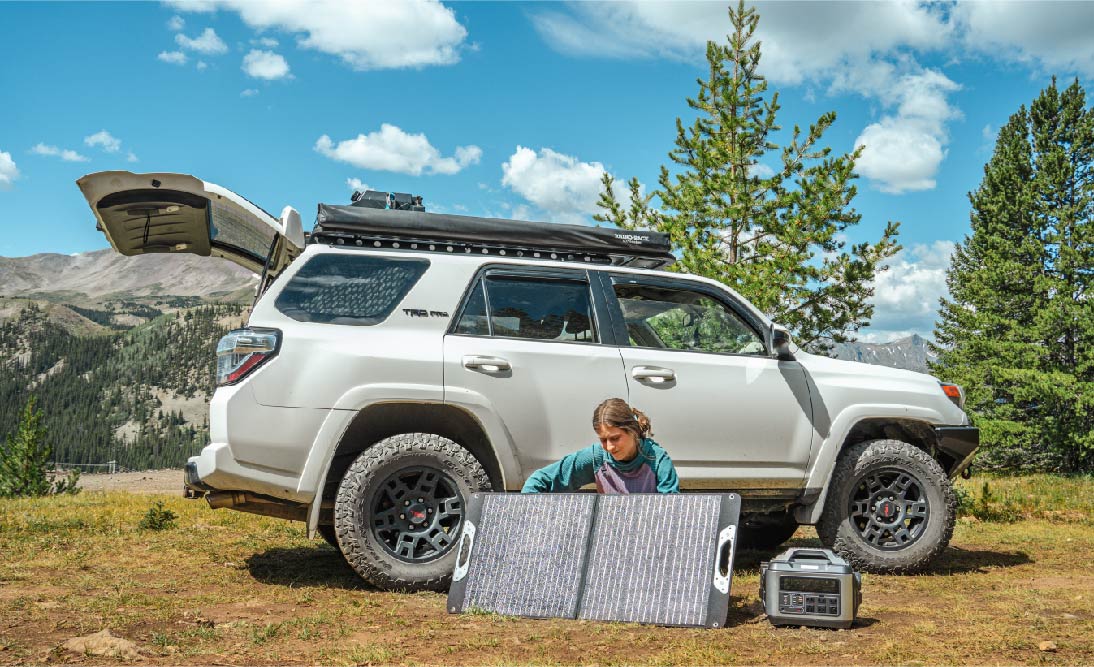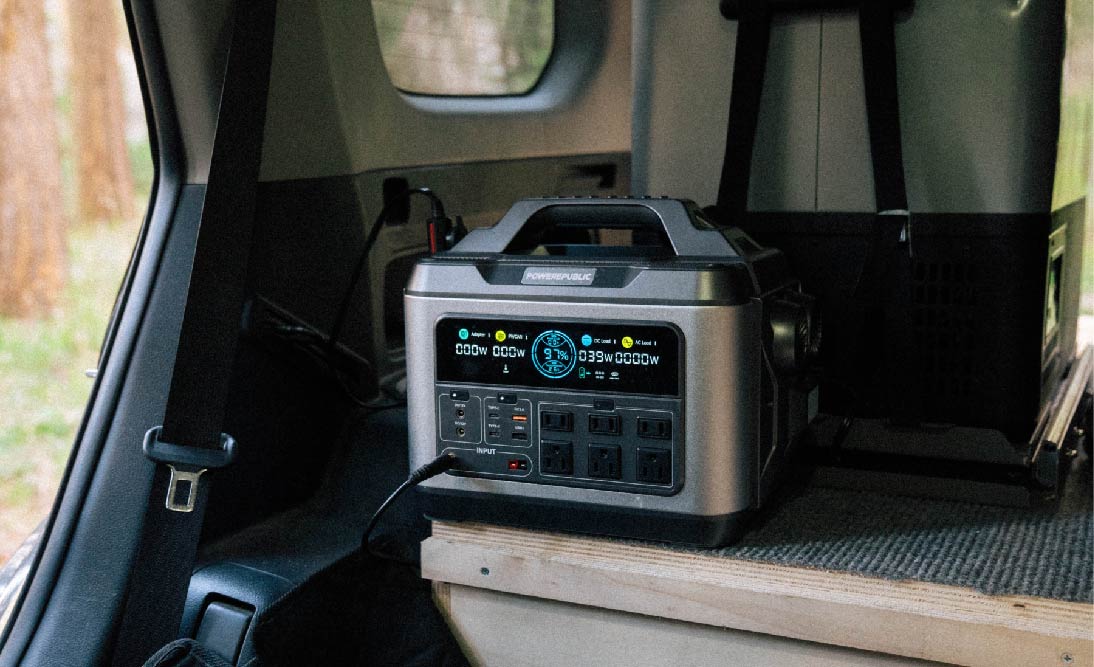Table Of Contents:
As the world continues to shift towards more sustainable and greener sources of energy, solar power has emerged as a leading contender in the race to lower our carbon footprint.
When you look for solar panels in the market, there are two popular types: monocrystalline and polycrystalline. Both options have their advantages and disadvantages. It all depends on individual circumstances and preferences. In this article, we will explore the key differences between monocrystalline and polycrystalline solar panels, and help you determine which option may be best for you.
Monocrystalline Solar Panel And Its Definition
It is a type of solar panel made from a single, continuous crystal of high-purity silicon.
The manufacturing process involves growing a cylindrical ingot of silicon, which is then sliced into thin wafers that serve as the basis for individual solar cells. The cells are typically dark blue or black, and they have a uniform appearance because they are made from a single crystal.

Pros & Cons
Pros
-
They're super efficient, usually making 18-22% power.
-
They make a lot of power for the space they take up.
-
They work well when it's hot or not very sunny.
-
They last a long time.
Cons
-
It costs more than other solar panels.
(All POWEREPUBLIC Portable Solar Panels use Monocrystalline solar cells)
Polycrystalline Solar Panel And Its Definition
Polycrystalline solar panels are made up of multiple silicon crystals, that are fused to form a single panel. This process creates a random pattern of crystal structures, giving the panel its characteristic blue appearance.
Polycrystalline solar panels are less expensive, as the manufacturing process is simpler and requires less silicon. However, they are slightly less efficient at converting sunlight into electricity, typically converting around 15-17% of the energy.

Pros & Cons
Pros
-
They are more affordable compared to monocrystalline solar panels.
-
Making them is easy and needs fewer fossil fuels.
-
They are widely applied to many areas these days, such as rooftop solar.
Cons
-
They are less efficient.
-
They can’t be exposed to high temperatures.
-
They have a shorter lifespan compared to monocrystalline solar panels.
Which One Is Better?
Solar panels mainly turn sunlight into electricity. The more solar energy it can be converted into electricity, the better the solar panel. The table below will help you understand and distinguish the differences between monocrystalline and polycrystalline solar panels.
|
Parameters |
Monocrystalline |
Polycrystalline |
|
Components |
Pure Silicon Crystal |
Different Types of Silicon Fragments Mixed Together |
|
Conversion Rate |
18% to 22% |
15% to 17% |
|
Lifespan |
More than 25 Years |
Around 20-25 Years |
|
Price |
Relatively Higher |
Relatively Lower |
|
Sustainable |
Yes |
Yes |
|
Temperature Tolerance |
High |
Low |
|
Outlook & Appearance |
dark black squares |
Blue squares |
Component
Monocrystalline solar panels use pure silicon crystals, while polycrystalline panels don't use pure silicon. This makes monocrystalline panels last longer and be sturdier.
Conversion Rate
Monocrystalline cells work well, around 18%-22% efficiency. Polycrystalline cells aren't as good, about 15%-17% efficient because they have less pure silicon.
Lifespan
Both types last at least 20 years. But it depends on the brand, maker, and how you care for them.
Price
Monocrystalline panels cost more because of their pure silicon and how they're made. But they're worth it in the long run.
Temperature Tolerance
Monocrystalline cells handle heat better, so they're good if it's always warm where you live. Polycrystalline cells don't do as well in heat.
Applications
Monocrystalline panels are light and easy to carry, great for camping and outdoor stuff. Polycrystalline panels are heavier and less portable because they're not as efficient.
How To Choose The Right Solar Panel?
The best solar panel for you depends on several factors, such as your budget, energy needs, available space for installation, and location. Here are some factors to help you choose the best solar panel for your needs:
-
Efficiency: High-efficiency solar panels can generate more electricity from the same amount of sunlight, which means you may need fewer panels to meet your energy needs. However, high-efficiency panels are typically more expensive.
-
Cost: Generally, polycrystalline panels are less expensive than monocrystalline panels, but monocrystalline panels are more efficient.
-
Durability: Look for solar panels with a strong and durable frame that can withstand harsh weather conditions, such as hailstorms, high winds, and heavy snow.
-
Warranty: A typical warranty for solar panels is 25 years, but some manufacturers may offer longer warranties.
-
Size: Consider the available space you have and the size of the solar panels you need to meet your energy needs.
-
Location: Consider the amount of sunlight in your area and the orientation of your panels.
Ultimately, the best solar panel for you depends on your unique needs and circumstances. It's a good idea to consult with a reputable solar installer to help you choose the right solar panel before purchasing one.
Final Wrap-up
In conclusion, when it comes to choosing between monocrystalline and polycrystalline solar panels, there is no one-size-fits-all answer. Both panels have pros and cons, and the best choice for you will depend on your specific needs and circumstances.
Ultimately, the most important factors to consider when choosing solar panels are their performance, durability, and reliability. Whichever type of panel you choose, be sure to select high-quality products from reputable manufacturers and work with a qualified installer to ensure proper installation and maintenance.
Explore More About POWEREPUBLIC Portable Solar Panels.
